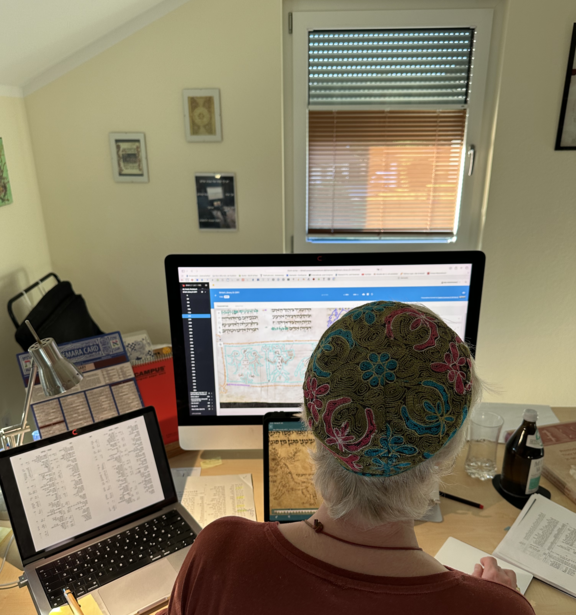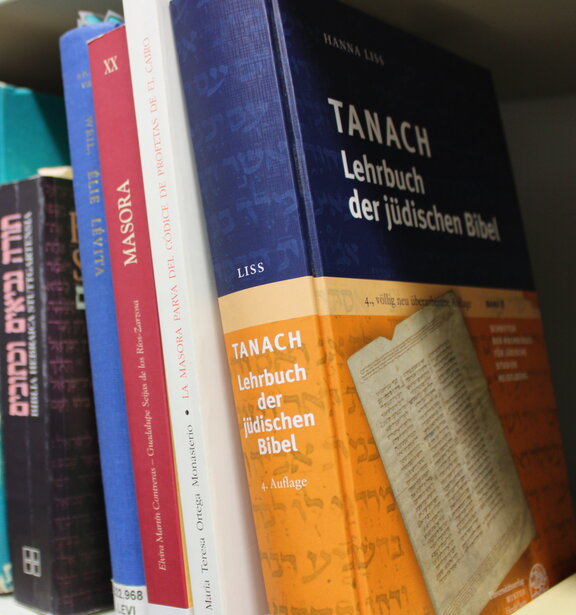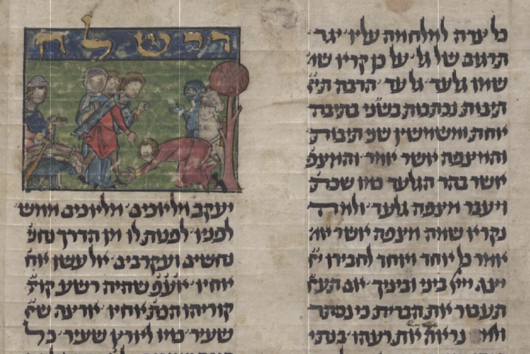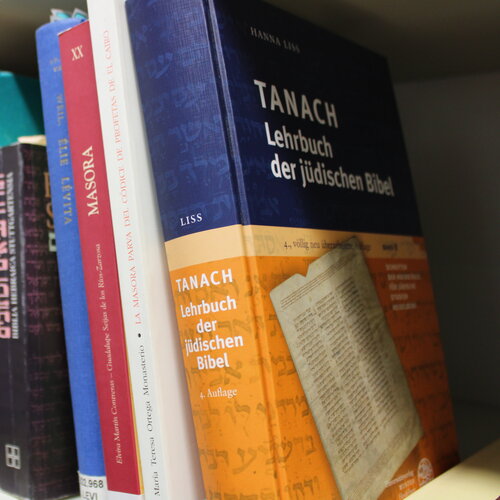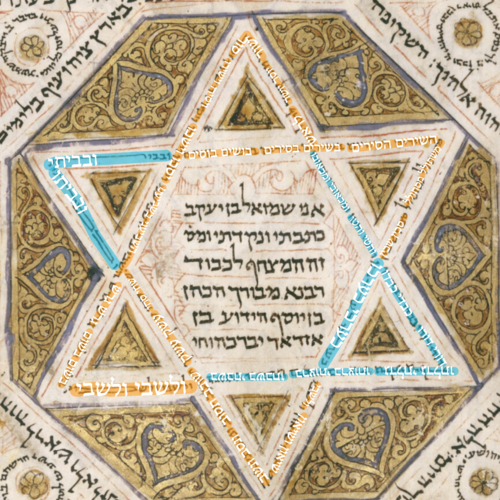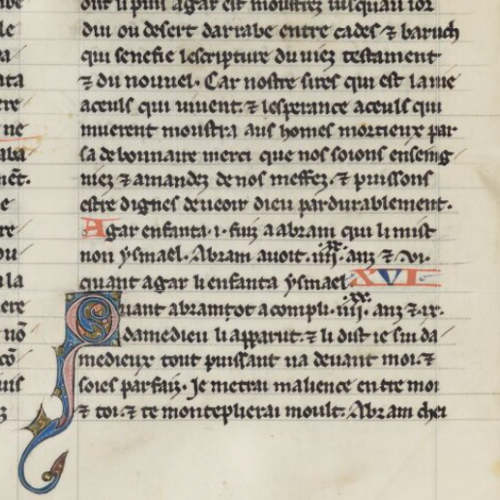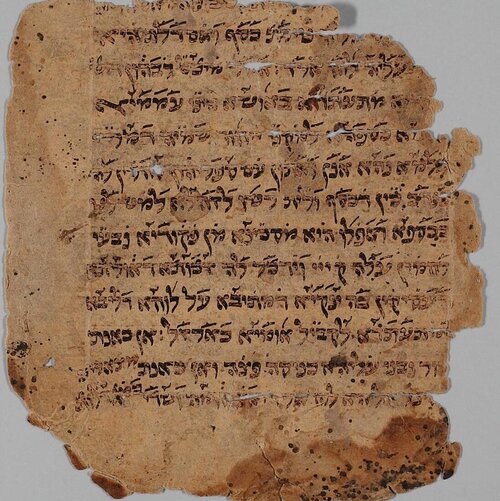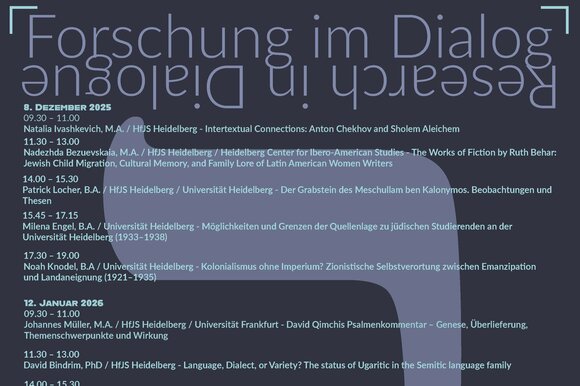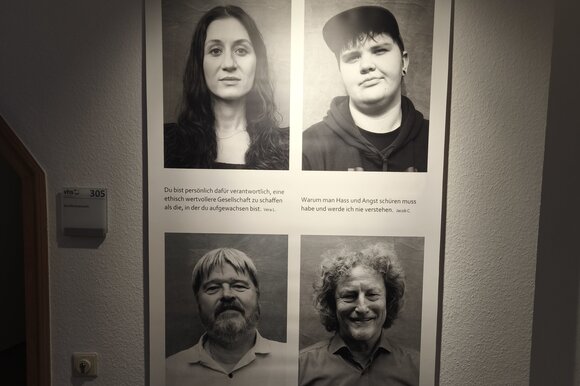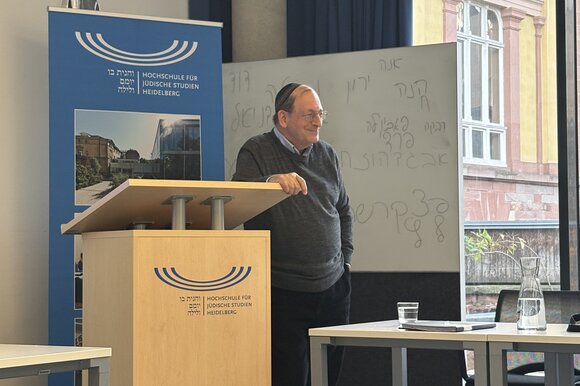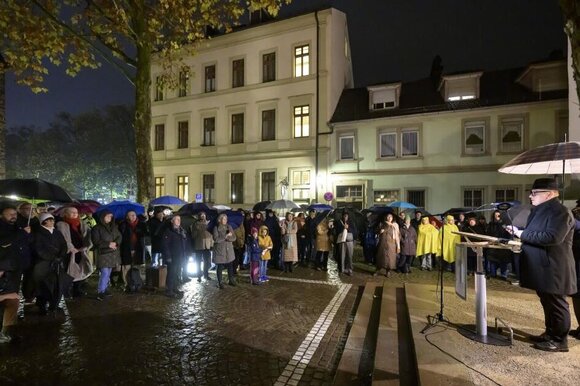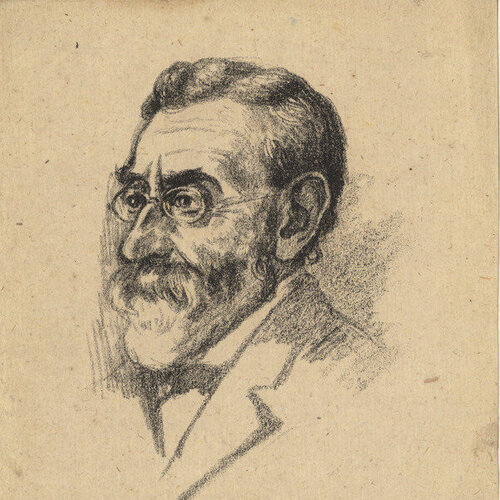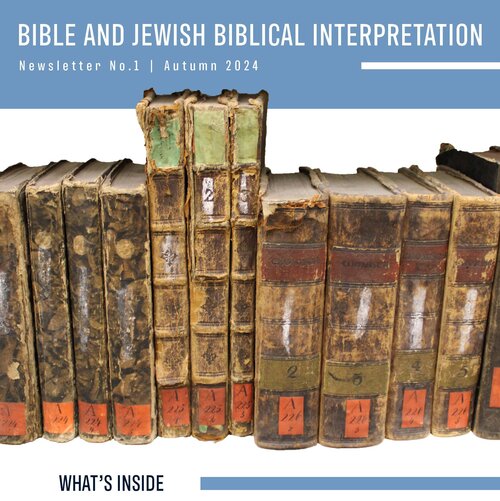The activism in German Middle East studies is the result of a narrow view
A way out of the echo chamber
(Article by Prof. Dr. Johannes Becke for the FAZ)
The activism in German Middle East studies is the result of a narrow view
An academic discussion about Israel and Palestine is no longer possible at most US universities. Since the transformation of US Middle East studies from a philological-historical discipline into an activist field of research that seeks confirmation for all kinds of progressive theory fragments in the Middle East and North Africa, many American research centers for Middle East studies have become an echo chamber: The discourse on the Zionist project meanders along a few phrases from the 1970s (settler colonialism, apartheid, genocide), Israeli academics are consistently boycotted and excluded, while dusty tracts of Third World ideology (such as the classic "Orientalism" by Edward Said, published almost fifty years ago) are treated like religious texts: Exegesis yes, criticism no.
The progressive narrowing of horizons can be clearly seen in the largest association for Middle East studies, the Middle East Studies Association (MESA): until a few years ago, there were still a few panels here that were organized by Israeli research institutes. The mood at MESA conferences was fiercely anti-Israeli, but a few panels on Israeli history were tolerated. Since MESA officially adopted an anti-Israeli boycott resolution in 2022, even those few panels with more than a single permitted opinion on Israel and Palestine have disappeared: People are finally among themselves. Anyone who wants to engage with Zionist and Israeli history must do so in the United States outside of Middle East studies, not least in the growing field of Israel studies.
With the usual delay, this regrettable trend is also spilling over into Germany: The newly elected board of the German Middle East Studies Association (DAVO) in September 2025 consists entirely of committed anti-Israel activists. The spectrum of opinions of the new DAVO board ranges from the call for a boycott of all Israeli universities (DAVO chairwoman Christine Binzel) to the call for military strikes against Israel's economy ("I am fully aware that civilians will die", Hanna Kienzler, DAVO secretary) to the surprising insight that the images of October 7 actually stand for "breakout, return, freedom", of course quite regardless of one's "strategic, military or political stance on the operation [sic!] carried out by various groups" (Hanna Al-Taher, deputy DAVO chairwoman).
One could now make many critical remarks about the Israeli government. The right-wing religious coalition under permanent Prime Minister Netanyahu contains similarly dubious right-wing extremists as the Turkish government, and Israel is also increasingly fitting into the landscape of Middle Eastern states: as irredentist as Morocco, as militaristic as the United Arab Emirates and with a very similar tendency to rely on unconditional military severity in the fight against Islamist groups such as Hamas, as Saudi Arabia tried to do in the Yemeni civil war.
As a scientific association, the DAVO is finished for the time being. If the DAVO board calls for military strikes against the Israeli economy or sees the massacre of October 7 as a symbol of "liberation", the DAVO is no longer a safe place for Jewish and Israeli scientists, nor for many others. The University of Nuremberg-Erlangen should therefore consider carefully whether it really wants to host the DAVO office. The damage to the solid reputation of Middle East Studies in Nuremberg-Erlangen is already clearly visible.
How could such an echo chamber develop? Looking to the United States as the sole source for all the aberrations of the German academic community falls short of the mark. German Middle East studies have simply failed to promote the pluralization of the discipline. To this day, there is not a single chair for Kurdish Studies at a state university, just as there is no state chair for Israel Studies. The Max Weber Foundation maintains foreign research centers exclusively in Beirut and Istanbul, but not in Jerusalem or Erbil. The large non-university research centers, the GIGA Institute for Middle East Studies and the Zentrum Moderner Orient in Berlin, deliberately do not employ any experts on Israel. Large centers for the contemporary study of the Middle East, including Marburg and Nuremberg-Erlangen, have neither a chair for Israel studies nor a chair for Jewish studies.
The echo chamber of German Middle Eastern studies is therefore also a product of structural blindness. If you only speak one Middle Eastern language, which is almost always Arabic, a multilingual and multiethnic region quickly becomes the supposed "Arab world"; and anyone who has only attended Islamic studies seminars on the Middle East quickly sees a multi-religious region as only part of the "world of Islam". Anyone who neither speaks Arabic nor is Muslim (like the Jewish Israelis) simply does not fit into this imagined region and can only be viewed with suspicion. Ideally, they should be excluded from all academic circles.
The only way out of the narrowing of horizons is therefore their consistent pluralization: Middle East centers that believe they can manage without expertise on the Jewish Middle East and without expertise on Israeli society have finally fallen out of time. Anyone who wants to engage with Israeli society must acquire a deep understanding of Palestinian history, and anyone who sympathizes with the Palestinian cause should of course understand why exactly millions of Jews defend the idea of a Jewish nation state in the land of Israel/Palestine, without being satisfied with the griffing formula of "settler colonialism". Developments in recent years show that the Arab world has long since made its peace with the state of Israel. Perhaps one day this will also apply to German Middle East studies.

-
Date 5 November 2025
-
Time 09:51 UTC+01:00
-
Participation
-
Language
-
Contact
-
Location
-
Registration? No

